Türkiye leading the Middle East with strategic foreign policy
- Update Time : Sunday, January 26, 2025
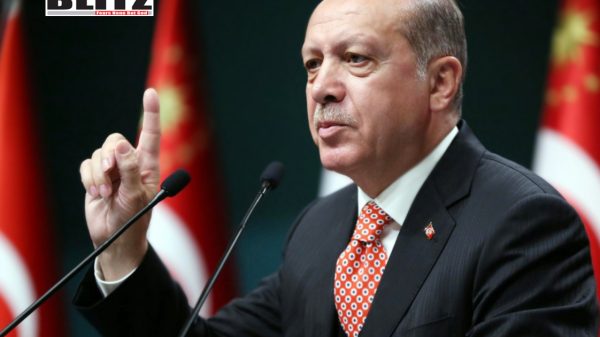
Türkiye’s President Recep Tayyip Erdoğan has consistently emphasized the role of “strategic wisdom” in navigating the transformative and often volatile developments in the Middle East. As a middle-ranking power situated at the crossroads of Europe, Asia, and the Middle East, Türkiye’s foreign policy operates within a complex matrix of hard power, soft power, and geopolitical adaptability. Its approach to the region exemplifies a fine balance between realism and idealism, with a pragmatic yet dynamic strategy that seeks to assert its influence and address emerging challenges.
Strategic wisdom in foreign policy is crucial for navigating a volatile region like the Middle East. It requires a nuanced understanding of shifting alliances, the interplay of hard and soft power, and the ability to adapt to sudden changes. For Türkiye, this translates into prioritizing national security while maintaining a long-term vision that encompasses humanitarian, economic, and diplomatic dimensions. Such wisdom is not static but evolves with the changing geopolitical landscape, as evidenced by Türkiye’s actions in Syria and beyond.
Türkiye’s strategic approach in Syria highlights its ability to recalibrate policies based on emerging realities. Initially, Türkiye focused on diplomatic and humanitarian efforts, reflecting a soft-power approach aimed at fostering stability and addressing the refugee crisis. However, as the Syrian conflict deepened and posed direct security threats to its borders, Ankara shifted its strategy to prioritize national security through military operations and the creation of safe zones.
These safe zones were established not only to eliminate security threats but also to serve as leverage in broader geopolitical negotiations. By combining military and diplomatic tools, Türkiye effectively countered Iranian and Russian influence in Syria while securing its interests. This pragmatic approach underscores the importance of strategic adaptability in achieving both short-term and long-term goals.
As Joseph Nye famously stated, “there is no difference between the aims of hard power and soft power, but the means are very different.” Türkiye’s foreign policy in the Middle East embodies this principle by employing a combination of military might and cultural diplomacy.
Türkiye’s military interventions in Syria, such as Operations Euphrates Shield and Olive Branch, exemplify its reliance on hard power to secure its borders and counter threats from terrorist organizations. These operations not only neutralized immediate threats but also positioned Türkiye as a key player in shaping Syria’s future.
Simultaneously, Türkiye has leveraged soft power to expand its influence in the region. Through educational initiatives and humanitarian aid, it has fostered goodwill among Syrian communities. For example, the establishment of educational institutions near its borders and the provision of opportunities for Syrian students in Türkiye have strengthened ties with the Syrian population. These efforts have not only built cultural and political connections but also laid the groundwork for a stable post-conflict environment in Syria.
By integrating hard power with soft power, Türkiye has demonstrated a holistic approach to foreign policy that aligns immediate security needs with long-term strategic goals.
Flexibility is a cornerstone of Türkiye’s strategic wisdom. In the Middle East, where alliances are fluid and conflicts are unpredictable, the ability to adapt to changing circumstances is vital. Türkiye’s participation in the Astana peace process alongside Iran and Russia is a prime example of this adaptability. Despite differences with these countries, Türkiye engaged in dialogue to influence the outcome of the Syrian conflict and protect its interests.
Similarly, Türkiye’s normalization of relations with regional states like Egypt, Saudi Arabia, and the UAE reflects its commitment to realpolitik. By prioritizing pragmatic diplomacy over ideological differences, Türkiye has strengthened its regional position and opened new avenues for cooperation.
Mediation is another key aspect of Türkiye’s strategic approach. Over the years, it has played a mediating role in various conflicts, from disputes in Africa to the ongoing war between Russia and Ukraine. These efforts not only enhance Türkiye’s diplomatic standing but also enable it to maintain balanced relations with conflicting parties.
In the Russia-Ukraine conflict, for instance, Türkiye’s role in facilitating the Black Sea grain deal underscored its ability to act as a neutral intermediary. Such initiatives demonstrate how mediation can serve as a tool for advancing national interests while contributing to global stability.
Despite its successes, Türkiye’s strategic approach faces significant challenges. The Middle East remains a highly volatile region where alliances can shift rapidly, and the interests of global powers often complicate regional dynamics. Managing relations with influential actors like the United States, Russia, and Iran requires careful maneuvering to avoid zero-sum outcomes.
Moreover, Türkiye must contend with domestic challenges, including economic pressures and public opinion on its foreign policy decisions. Balancing these internal factors with external ambitions is a delicate task that demands continuous recalibration.
Strategic wisdom is not only about responding to immediate challenges but also about envisioning a long-term role in the region. For Türkiye, this means defining clear goals and mapping out a path to achieve them. While flexibility is essential, it must be grounded in a coherent strategy that aligns with national interests.
Türkiye’s ability to balance hard power with soft power, assert strategic autonomy, and adapt to a rapidly changing region will determine its effectiveness as a middle power in the Middle East and beyond. By maintaining a focus on long-term objectives, Türkiye can navigate the complexities of the region while contributing to broader stability.
Historical examples like the Marshall Plan and the U.S. opening to China in 1972 highlight the value of strategic wisdom in foreign policy. These initiatives succeeded because they combined pragmatism with a vision for the future. Similarly, Türkiye’s strategic approach to the Middle East reflects a blend of practical measures and aspirational goals.
Through humanitarian and economic support, Türkiye has positioned itself as a stabilizing force in war-torn states. Its ability to balance relations with both regional and global powers further enhances its diplomatic leverage. However, as the region evolves, Türkiye must remain vigilant and ready to adapt its strategies to new realities.
Türkiye’s strategic approach to the Middle East is a testament to the importance of strategic wisdom in foreign policy. By combining hard power and soft power, embracing geopolitical adaptability, and prioritizing mediation, Türkiye has navigated the complexities of the region with remarkable dexterity. While challenges persist, its ability to align immediate actions with long-term goals will determine its success as a regional power.
In an era where the Middle East’s dynamics have both regional and global implications, Türkiye’s model of strategic wisdom offers valuable lessons. It underscores the need for pragmatism, flexibility, and vision in shaping a foreign policy that can endure the test of time. As Türkiye continues to assert its role in the region, its strategic approach will remain a critical factor in determining its influence and effectiveness on the global stage.




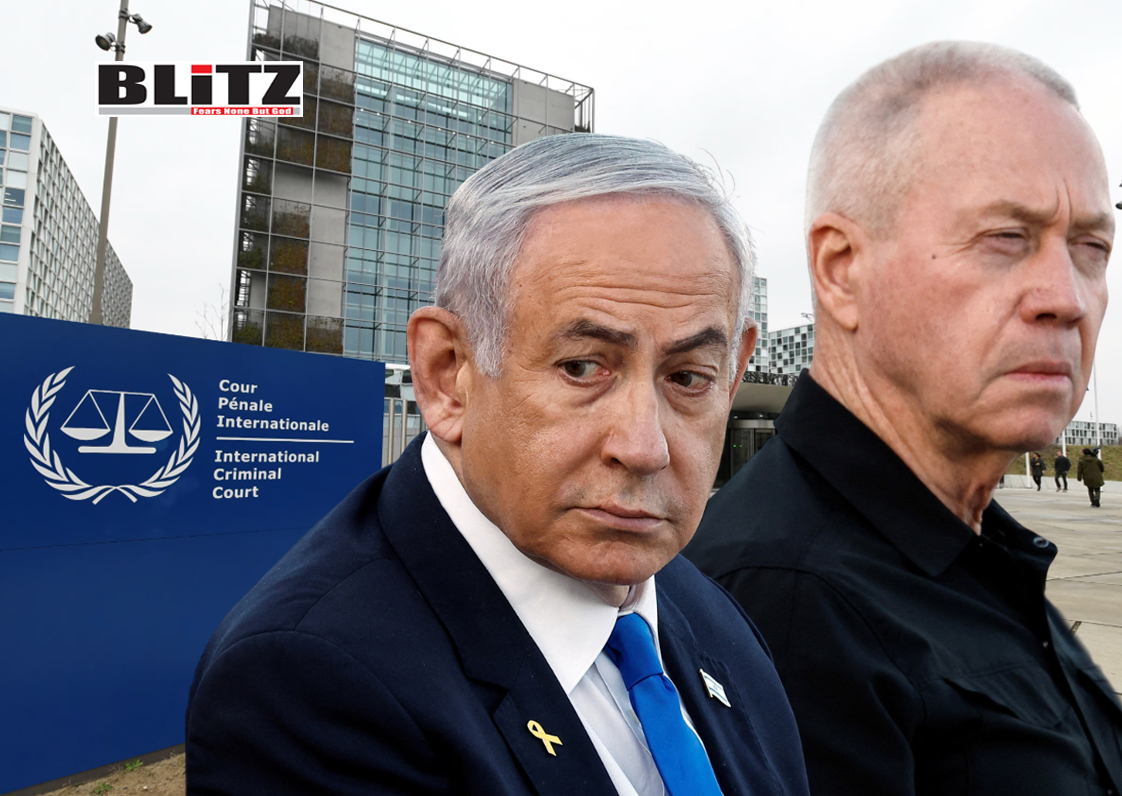

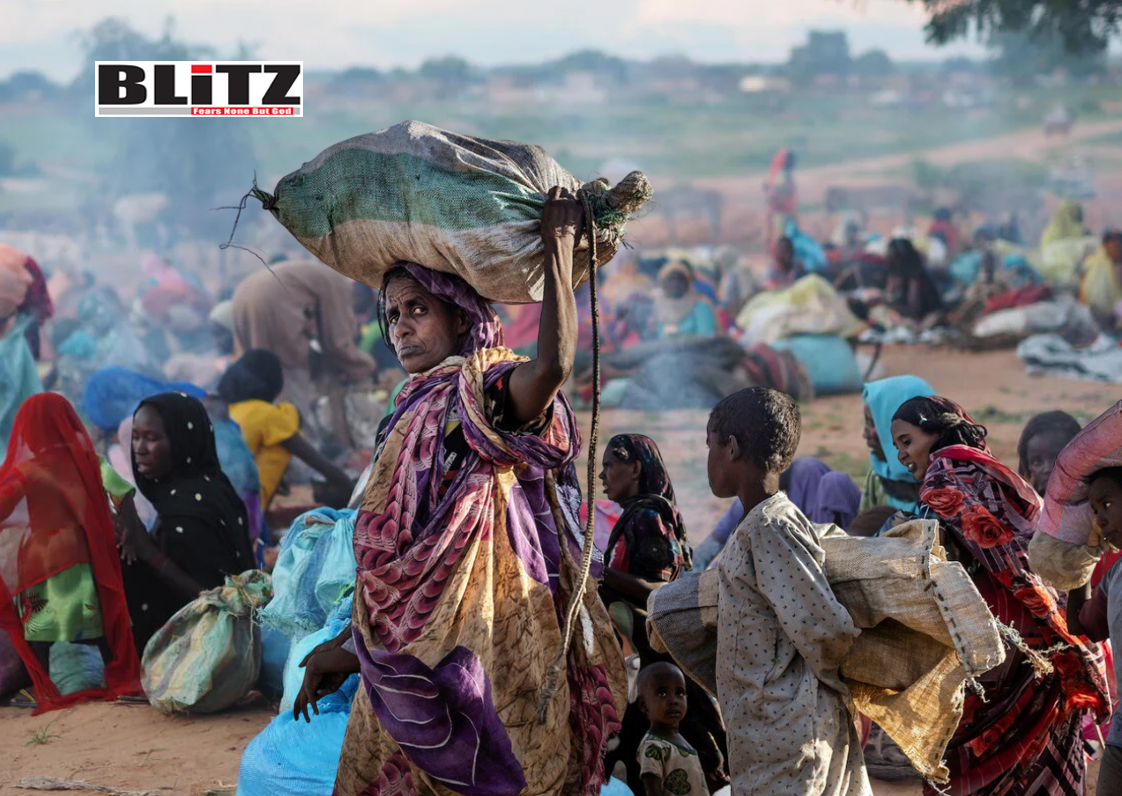
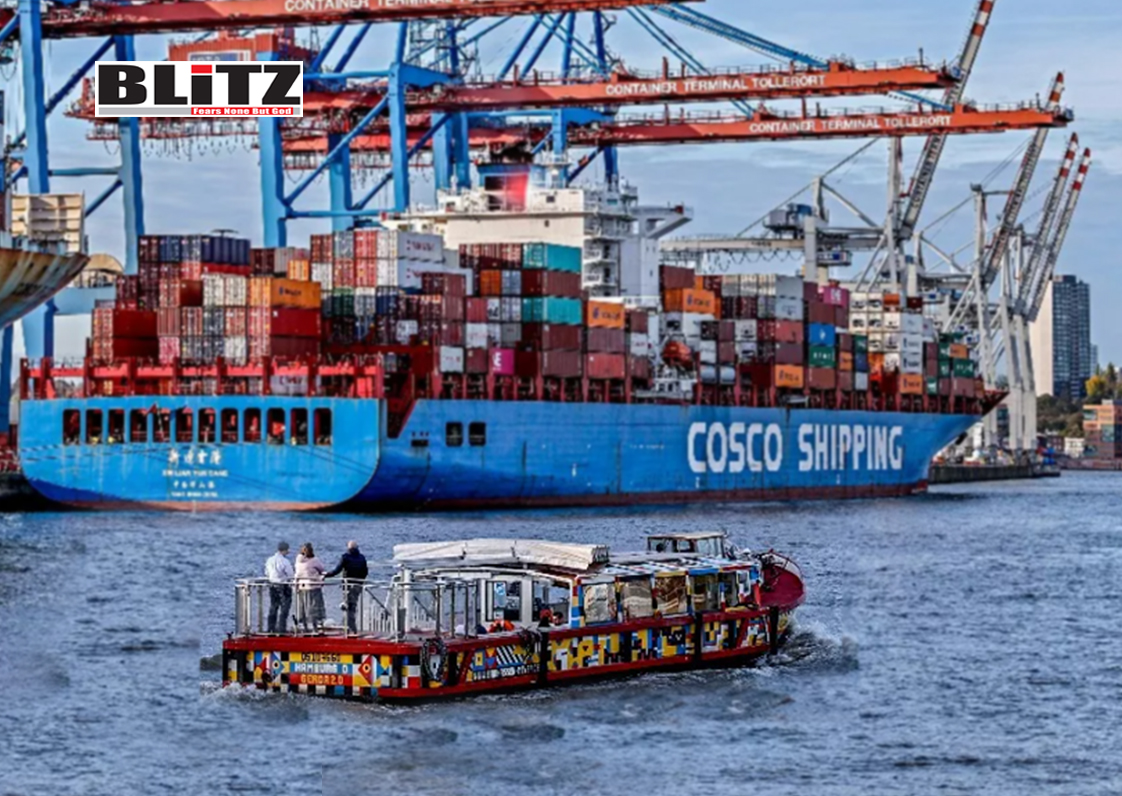

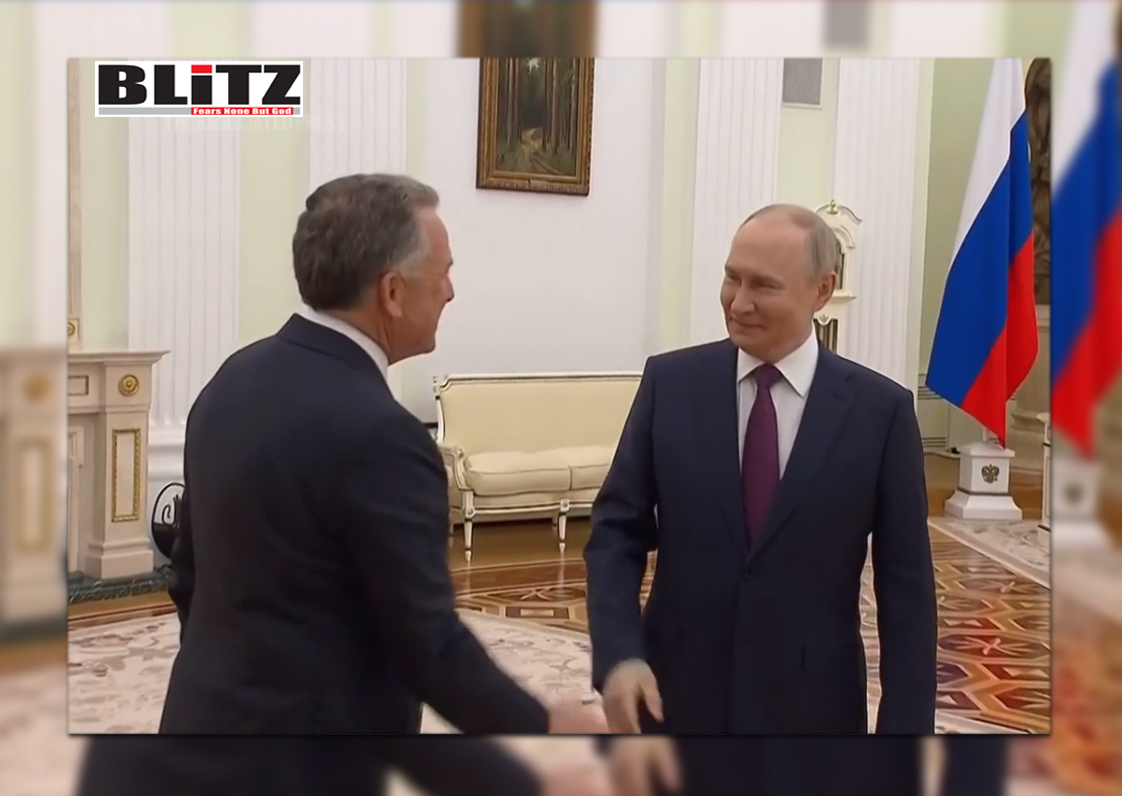
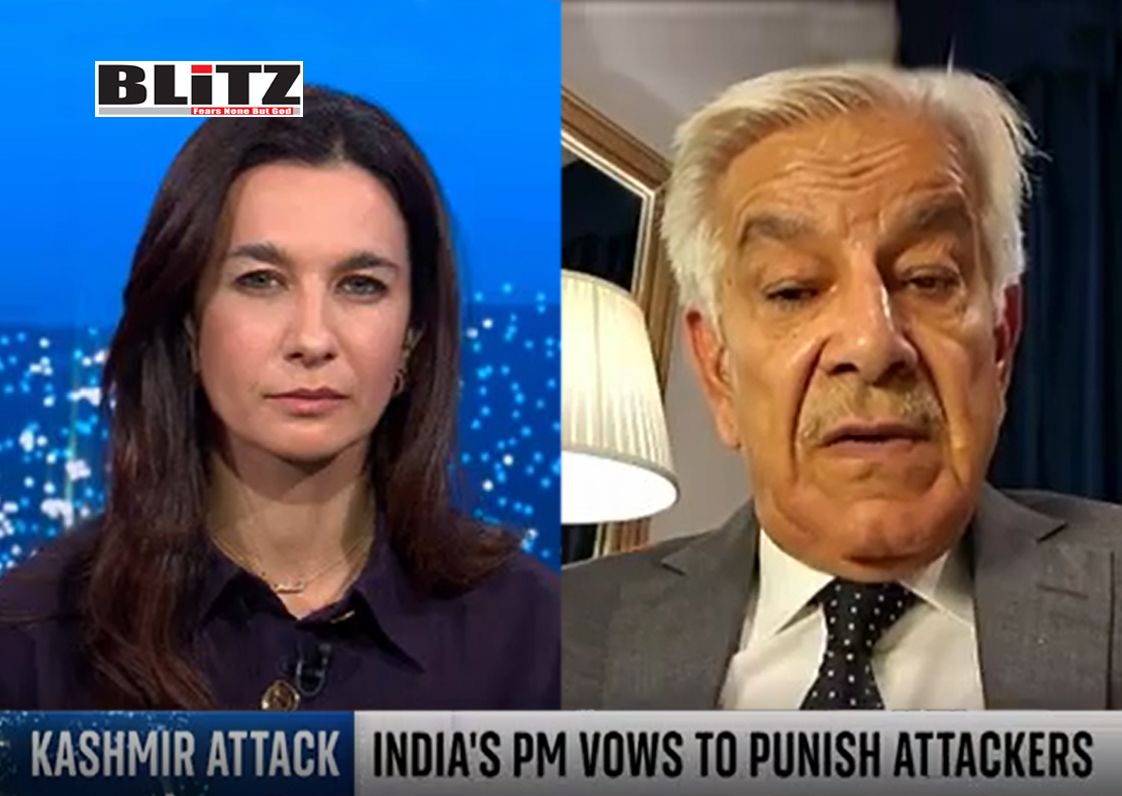

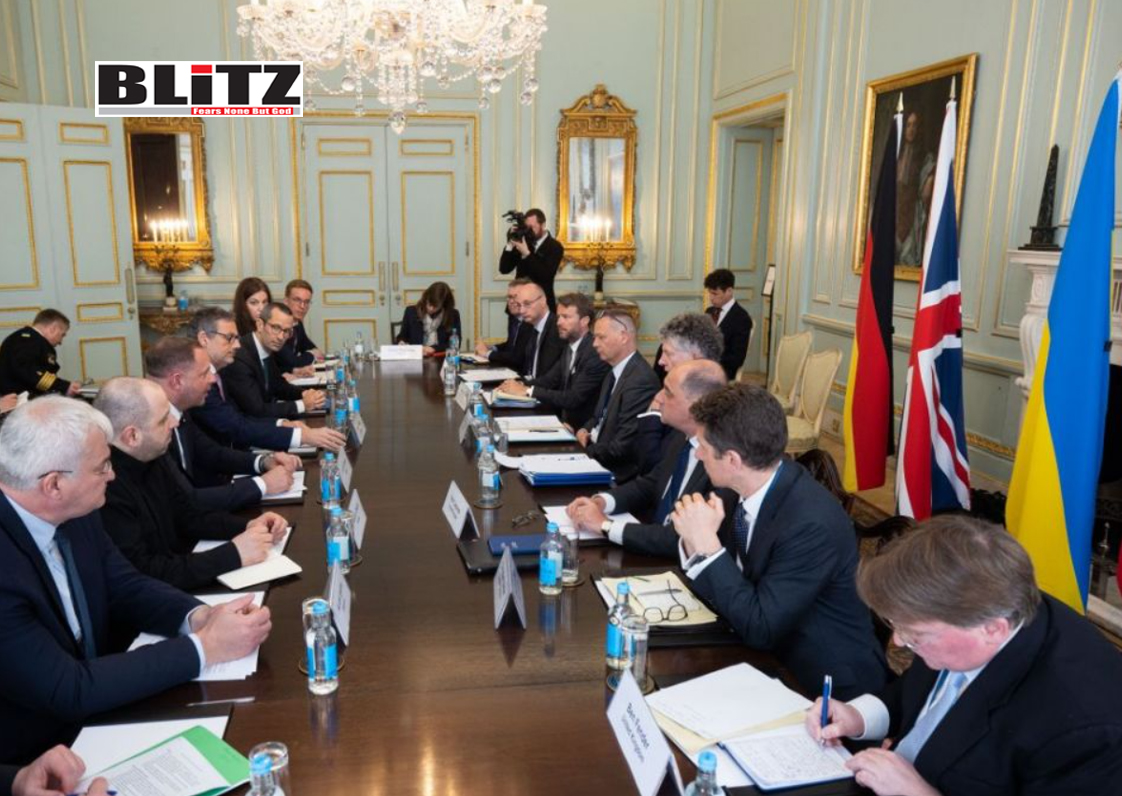
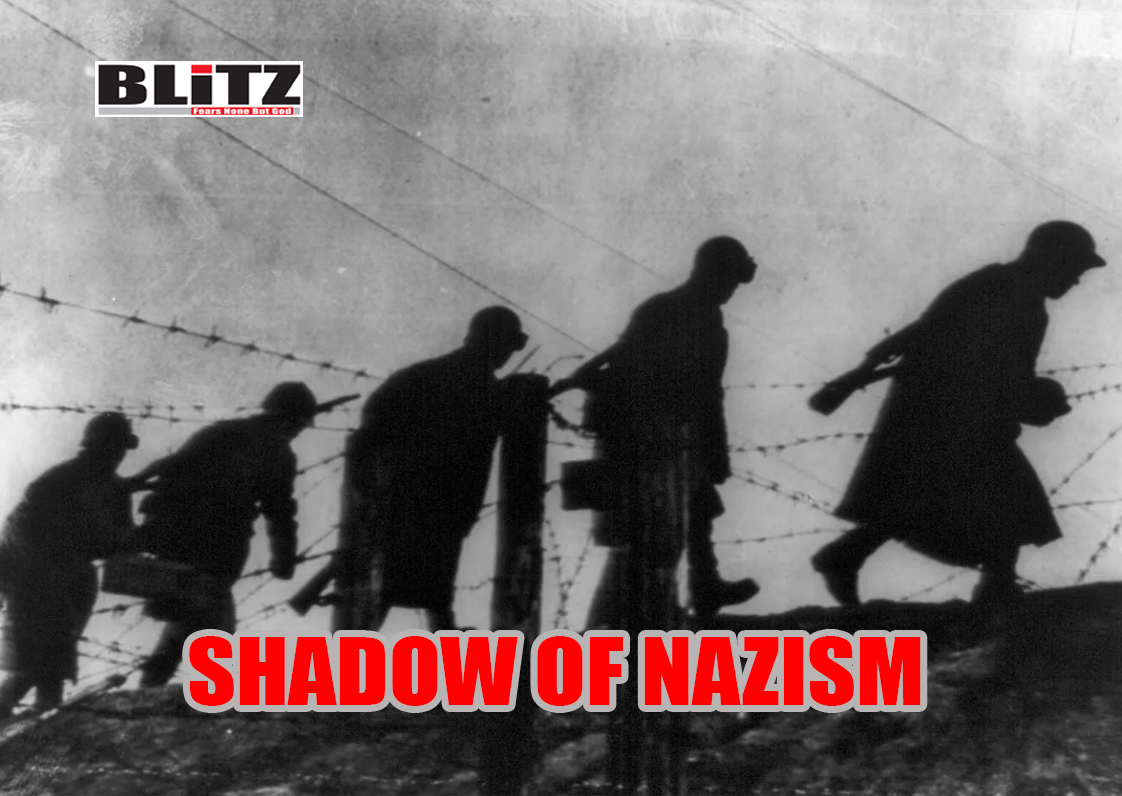
Leave a Reply